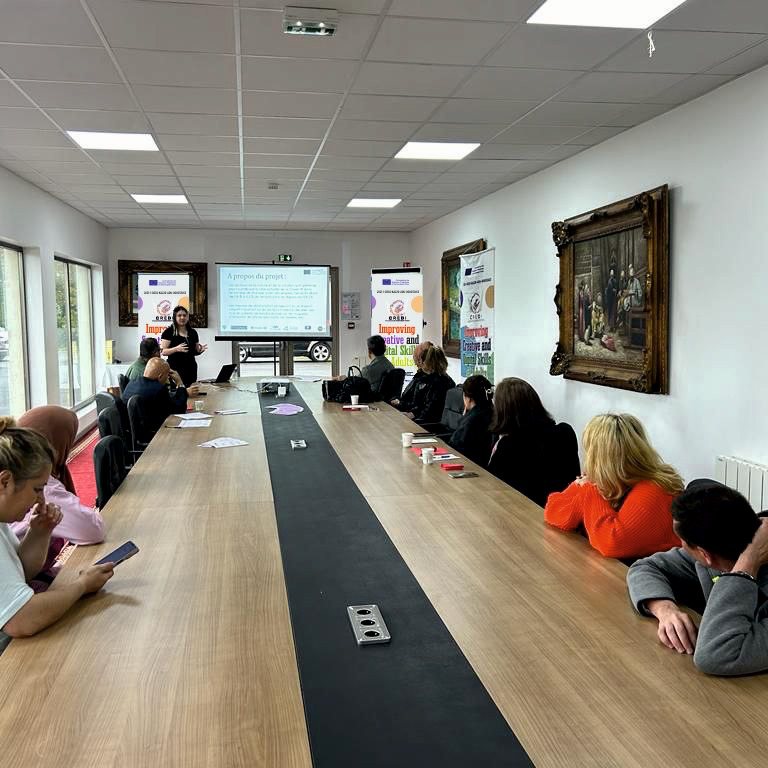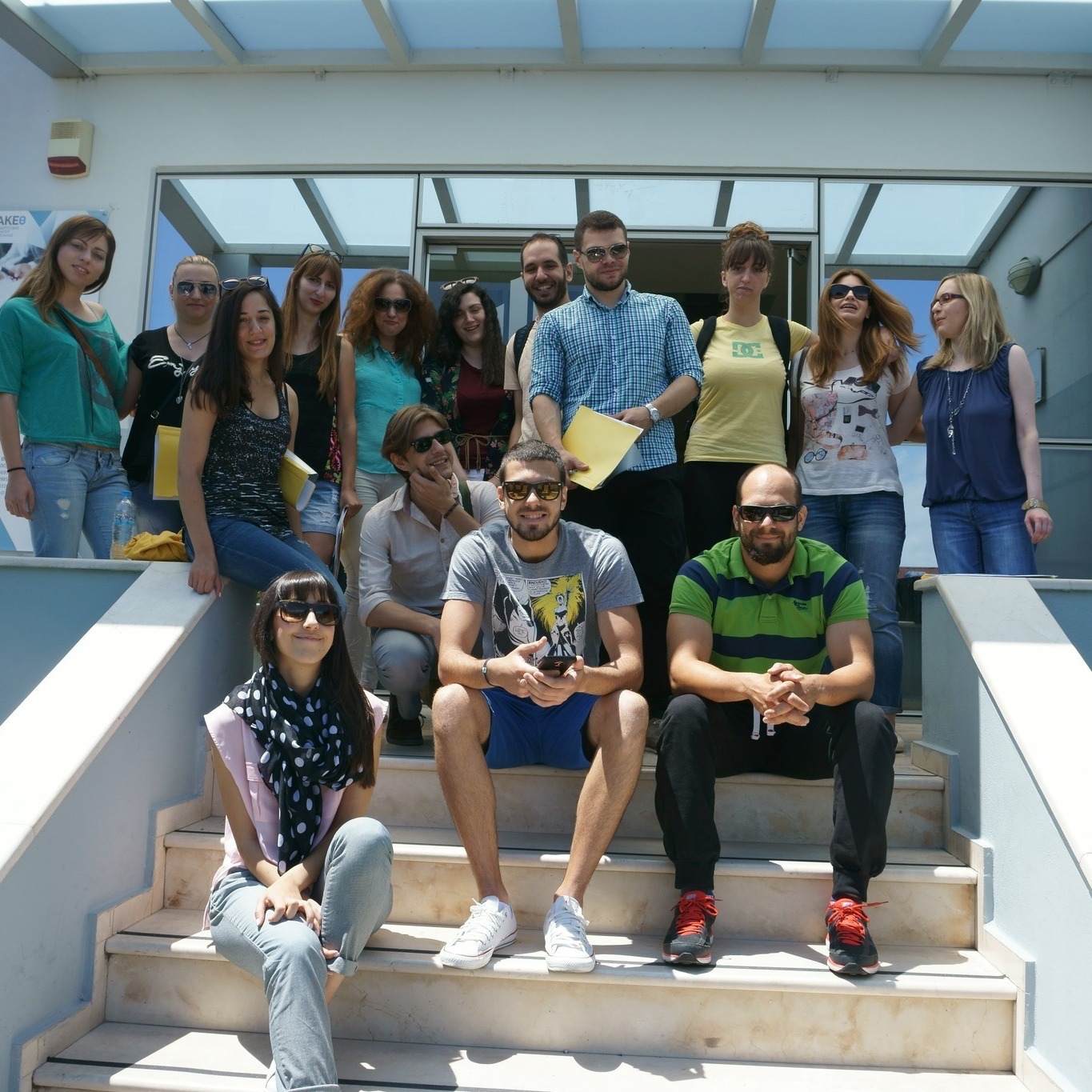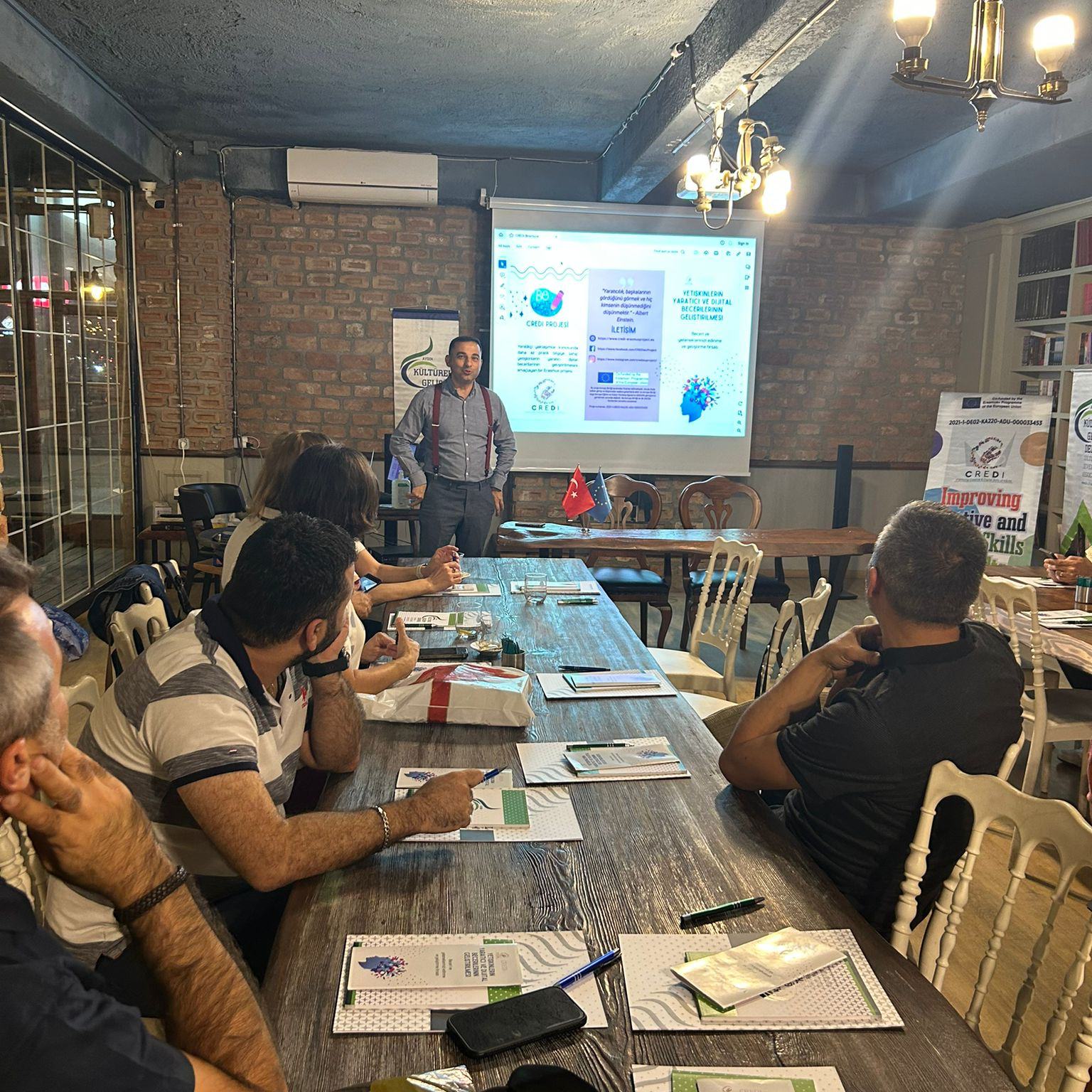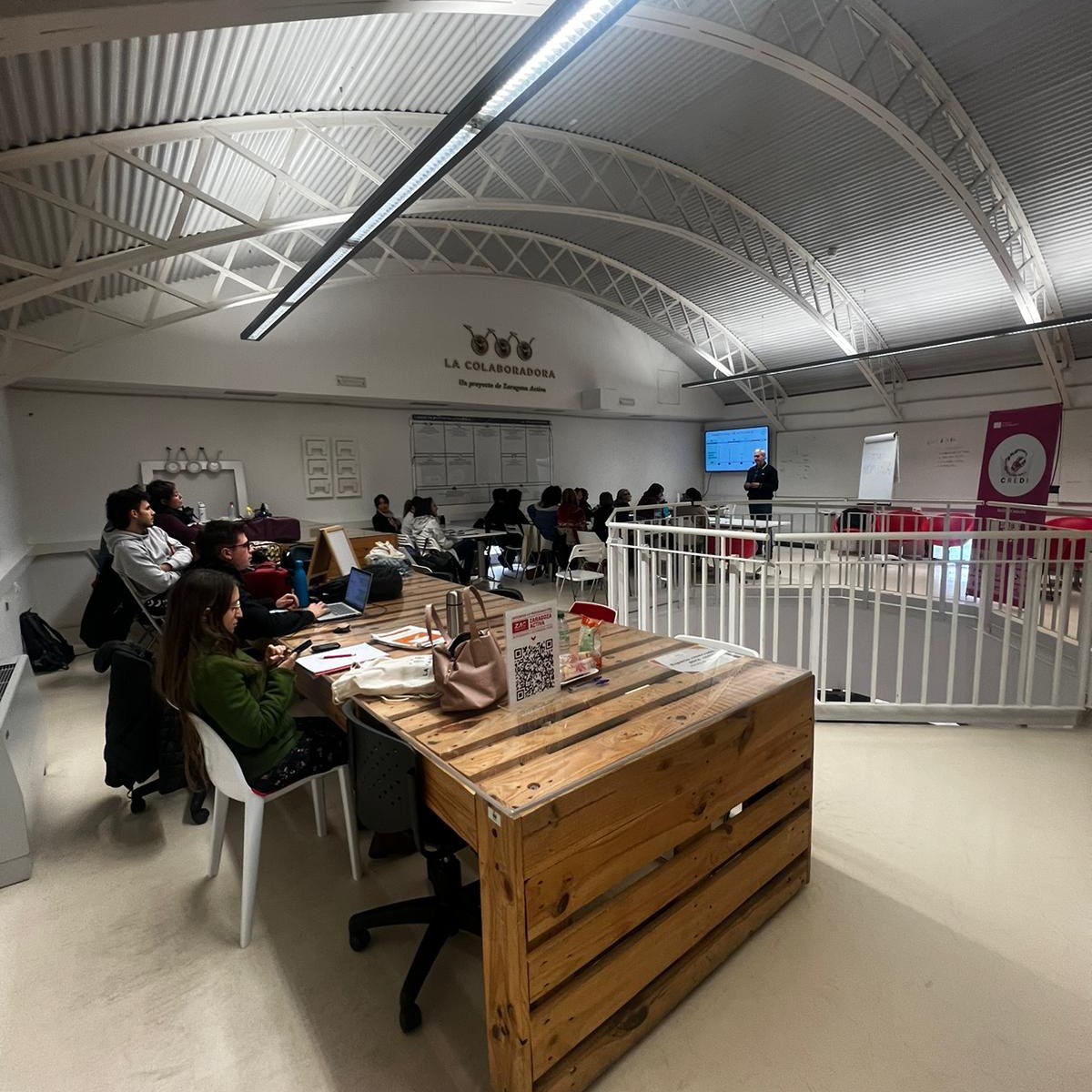
Socio-Cultural (Technological) and Psychological (Cognitive) Based Approaches for Single Moms
July 23, 2025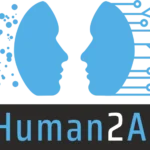
Human2AI – Bring Generative AI applications to Secondary Schools
July 29, 2025Technical Skills Hub Bridge - VET
Summary
Background
A common finding in studies on the future of work was that employers increasingly demanded digital skills and creative skills. Many researches showed that combinations of skills – technological, artistic, organizational, and management – were important for creative work. A report on the future of jobs by the World Economic Forum (WEF) considered creativity, along with complex problem solving and critical thinking, as one of the top three skills in 2020
and estimated that 87% of creative jobs were 'at low or no risk of automation'. Given the importance that future of work studies attributed to both creative and digital skills, it was reasonable to suppose that 'createch' skills would be associated with roles that were expected to grow in importance in the future.
With the current COVID-19 pandemic crisis, there was also a sudden need for creative and digital solutions in the current circumstances. Many Europeans were suddenly thrown into conditions demanding the use of digital technologies. The impact of the COVID-19 pandemic had severe effects on adults who needed to find ways to continue in these challenging times, which now relied on access to and the use of digital technologies.
Objectives
CREDI aimed to develop the creative digital skills of adults who had low creative digital skills. The unemployed/employed adults had a chance to identify several "createch" skills determined using this methodology, including image editing, graphic design, typesetting, animation, website design, art direction, photography, gamification, and video production. The objectives of the project were: -To identify what the createch skills are, which roles require them, and their importance to the future jobs market -To provide learning opportunities for adults in lifelong learning; also to provide incentivise and enable greater employer engagement in training; and cement the value of creative education -To give adults the opportunity to acquire and develop skills and abilities that contribute to their full participation in the information society -To develop an Online Training programme which includes modular training courses -To develop an Online self assessment tool which allows adults identify gaps and shortages in digital skills -To deliver training courses at least 60 digitally low skilled adults to increase their createch skills and competences ---To support at least 12 trainers
Implementation
The project was developed in three main phases, such as development, piloting, and delivery, which included the two intellectual outputs and were supported by three management activity work packages. Development Phase: R1-Online Self-Assessment Tool for Digital Skills: An online tool was produced to help the learners identify their digital skills, serving as the first step in their learning pathway. R2-MOOC and Blended Training Course for Digital Skills: MOOC and the training program Digital Skills were developed as an online course with integrated MOOC and OER tools, resources, and solutions, specifically designed for low digitally skilled creative workers. Piloting Phase: R1-The online assessment platform was tested thoroughly to ensure stability and full functionality on all widely used operating systems and browsers by experts and the targeted end users. R2-MOOC was made available on the project's website to be run online with 100 learners from the defined target group over a period of one month. A blended learning course, combining the Digital Skills MOOC course with face-to-face training, was implemented, allowing 60 learners to apply the knowledge gained from several modules. Delivery Phase: The course was made available on the project's website for all interested adults to access and enrol in the course for free. For
the blended course, each partner implemented one blended-learning training course with the participation of 20 adult learners. Work Packages: WP1: Project management (EMYF lead): Based on PCM (Project Cycle Management) and working along a fixed activity breakdown structure as described above. Activities included Activity Planning and Reporting. WP2: Monitoring and Evaluation (GEINNOVA lead): The internal work processes, as well as the products and impact of the project, were quality controlled and evaluated. This included a Quality Strategy and Plan detailing quality assurance and internal evaluation activities for the project, internal evaluation reports, and an end-of-project internal evaluation report. WP3: Sharing, Promotion, and Use of Results (AKGD lead): Partners disseminated the project and its outcomes to their extended network through face-to-face, media, and web activities. In year 2, partners identified and mapped potential stakeholders, actors, and policymakers to be targeted in order to further exploit the project outcomes. The use of results was envisioned to be long-lasting in the afterlife of the project and was guided by a detailed plan.
Results
The Project CREDI provided one MOOC and Blended training course as project results for the development of creative digital skills. It aimed to give prominence to the learning of adults, placing this group at the center of digital literacy processes and providing them with the opportunity to actively participate in the knowledge society. The project offered an opportunity for adults to enjoy the enormous benefits offered by technologies as a means of
social interaction, cultural engagement, entertainment, work activity, training, etc. In the piloting phase, a total of 60 learners and 12 trainers participated in the MOOC and Blended Training Course, with 20 learners per partner participating in the Blended training course. Another result of the project was an online self-assessment tool, which identified digital competences in line with the DigComp Framework. The tool highlighted competences that were strong or weak, aiming to better understand the digital literacy skills of adults themselves and encourage them to consider their level of confidence using a variety of digital tools. In the piloting phase, a total of 60 learners and trainers, along with 6 technical experts, participated in testing the online self assessment tool. Apart from the listed project results, events, and activities were conducted to better understand participants' digital literacy skills and
encourage staff to consider their level of confidence using various digital tools. In the following sections, the results primarily related to project management, evaluation, and sharing, promotion, and use of results are detailed: A1. Project Management activities Results:
- Developed a Project Management Toolkit, including guidelines on project management, time and resources allocation, communication processes, and the project's overall action plan.
- Conducted four transnational meetings. - Produced two Quarterly Progress Reports.
- Completed one Interim and one Final Report.
A2. Monitoring and Evaluation Activities Results:
- Formulated a Monitoring and Evaluation Plan, providing an overview of the evaluation activities within the project. - Developed meaningful quality criteria for quality assurance.
- Prepared evaluation forms and tools to gather relevant data.
A3. Sharing and Promotion Activities Results:
- Created a Sharing and Promotion Plan for the project, outlining approaches, materials, target groups, and channels for effectively disseminating the project.
- Designed a project identity, including a unique logo that is easily recognizable and conveys the idea of the project,
along with designs for presentations and other informational materials.
Coordinator:
- Euro-Med Youth Federation (EMYF) e. V. 🇩🇪 Germany
Partners:
- ANAPTIXIAKO KENTRO THESSALIAS 🇬🇷 Greece
-
Association Hexagonale de l'Innovation Sociale et de l'Education 🇫🇷 France
- Aydin Kulturel Gelisim Dernegi 🇹🇷 Türkiye
- Gestión Estratégica e Innovación SL 🇪🇸 Spain
- PROGEU-PROGRESS IN EUROPEAN UNION -ISTITUTO PER LO SVILUPPO APS 🇮🇹 Italy


